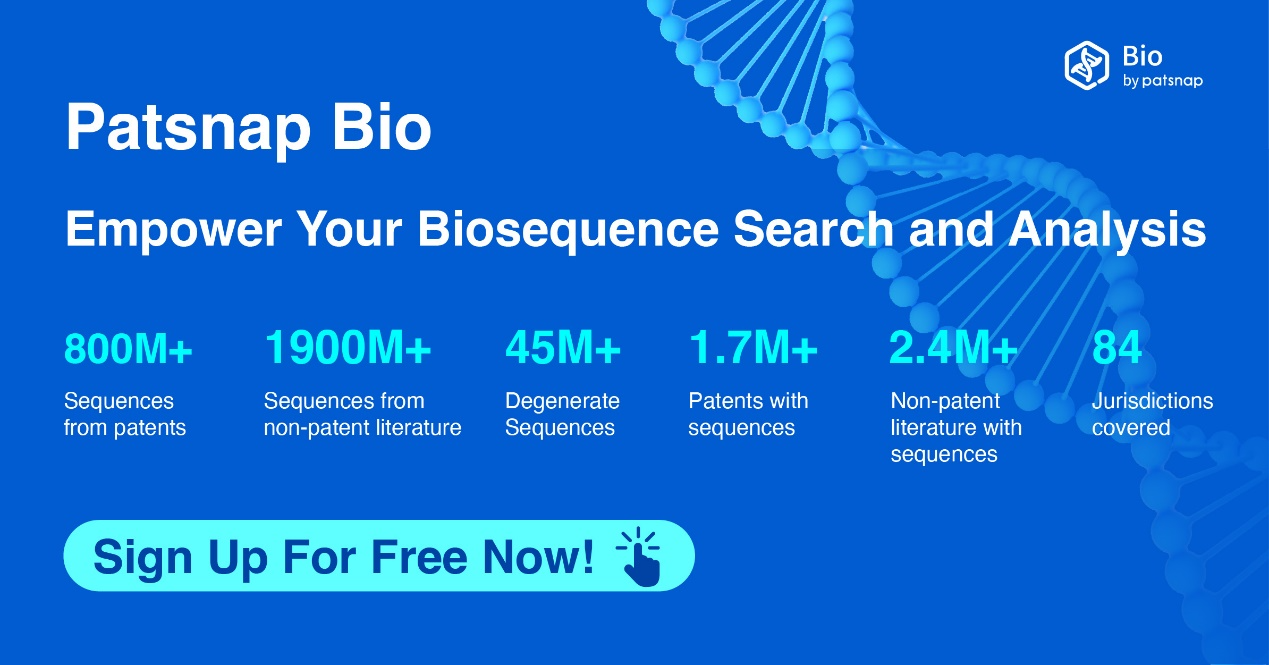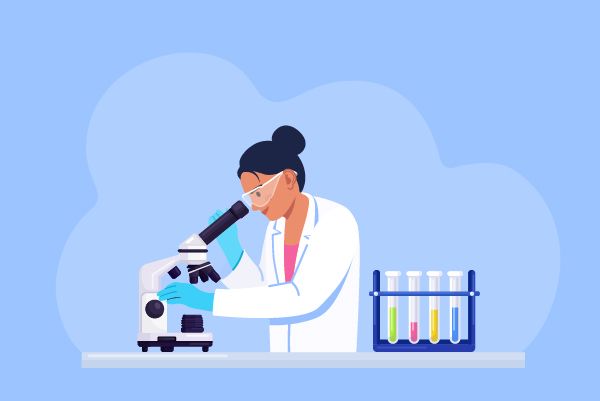Biological Glossary | What is Linker?
In biology, linkers refer to short amino acid sequences found in nature that separate multiple domains in a single protein. They function to prohibit unwanted interactions between discrete domains. Some linkers, like Gly-rich linkers, are more flexible and do not interfere with each domain's function. Linkers can also be artificial, created through recombinant DNA technology to fuse two interacting partners. Given their variability, linkers have many utilities in the biological field, such as improving protein quality, stabilizing protein-protein complexes, and facilitating the production of protein dimers.
Alternatively, linkers in molecular biology can refer to short, synthetic DNA or RNA sequences. These are designed to show specific properties, such as containing restriction enzyme recognition sites, or functioning as ligatable ends. These are mainly used to modify or manipulate DNA or RNA molecules during various molecular biology techniques.
Free registration is available for the Bio biological sequence database: https://bio-patsnap-com.libproxy1.nus.edu.sg. Act now to expedite your sequence search tasks.




